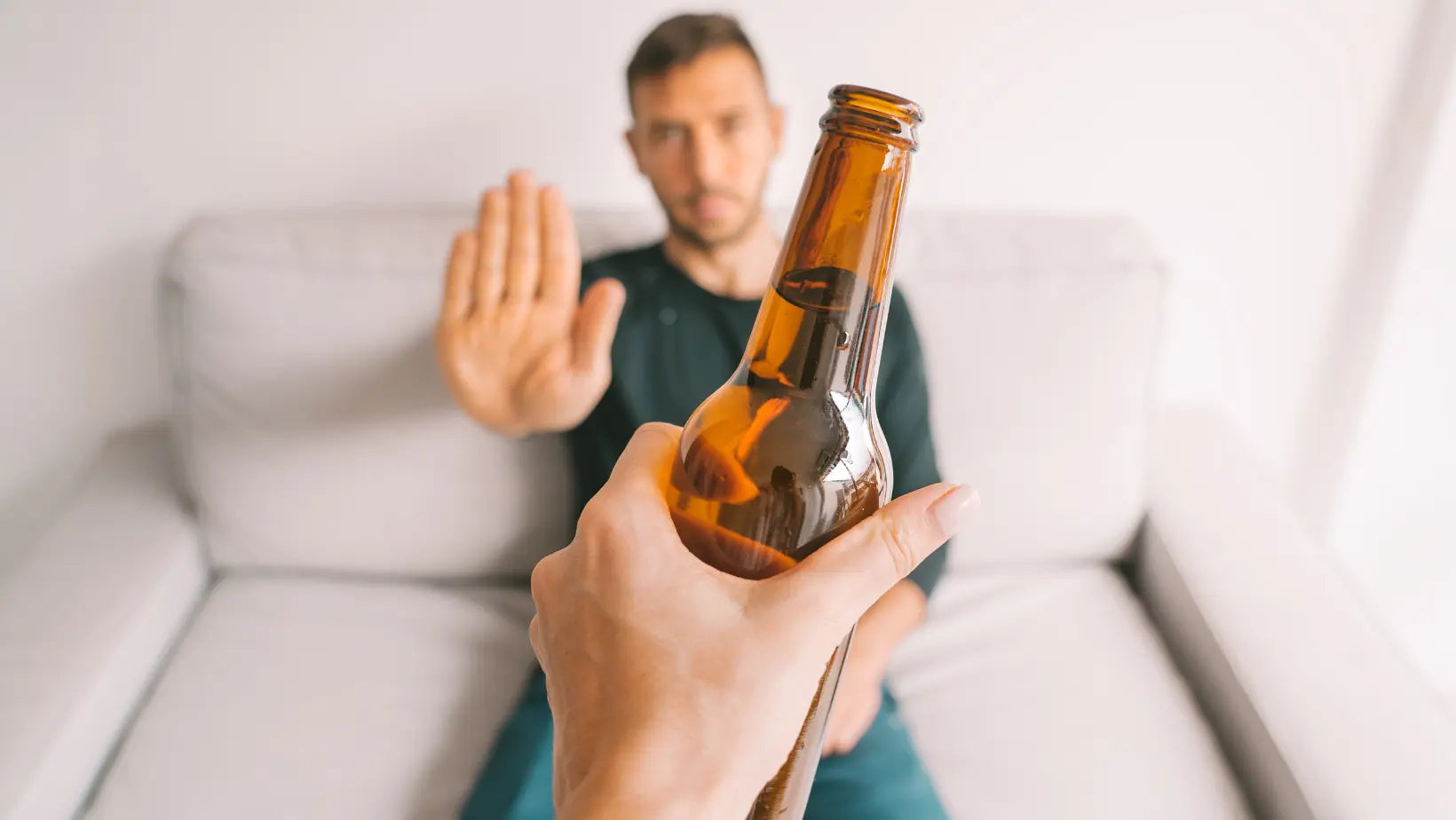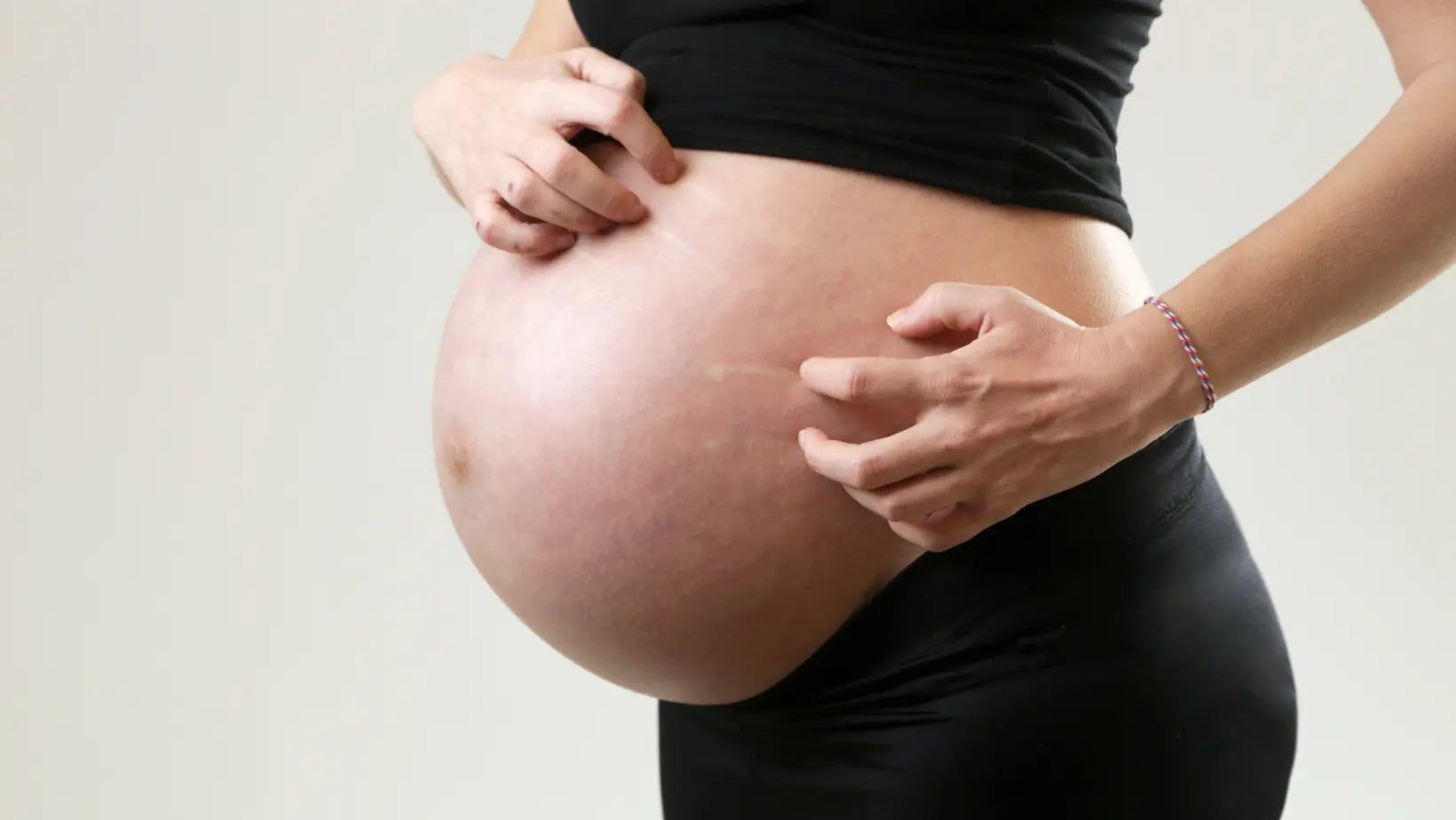Article: The impact of alcohol on psoriasis: What you need to know

The impact of alcohol on psoriasis: What you need to know
Understanding how alcohol affects psoriasis is essential for anyone dealing with this condition. Alcohol consumption can worsen psoriasis symptoms and complicate treatment. Often, patients do not realize how significant the impact of alcohol can be on their skin health and the effectiveness of treatments. It is important to be informed in order to make decisions that improve both quality of life and treatment outcomes.
The purpose of this article is to provide you with a clear and detailed understanding of the connection between alcohol consumption and psoriasis. We will explore the mechanisms through which alcohol can exacerbate psoriasis symptoms and present scientific evidence supporting this link. Additionally, you will find practical advice for managing psoriasis, with an emphasis on the importance of reducing or avoiding alcohol consumption.
What is psoriasis?
Psoriasis is a chronic skin condition characterized by the appearance of red plaques covered with silvery scales, which can cause itching, pain, and discomfort. This autoimmune disease causes rapid proliferation of skin cells, leading to their accumulation on the skin surface and the formation of typical lesions.
Causes and triggering factors
Although the exact cause of psoriasis is not fully understood, it is known to involve a combination of genetic and environmental factors. Triggering factors include:
- Stress: It can worsen or trigger episodes of psoriasis.
- Infections: Bacterial and viral infections, such as streptococcus, can trigger the onset of psoriasis.
- Skin lesions: Cuts, burns, and other skin injuries can cause the appearance of psoriatic lesions.
- Medications: Certain medications, such as beta-blockers and nonsteroidal anti-inflammatory drugs, can worsen psoriasis.
- Alcohol consumption and smoking: These habits can worsen symptoms and increase the risk of complications.
Understanding these causes and triggers is essential for the effective management of psoriasis and reducing the frequency and severity of episodes.
The link between alcohol and psoriasis
Biological mechanisms
Alcohol can negatively influence psoriasis through several biological mechanisms. Firstly, alcohol affects the immune system, which plays a crucial role in the development and exacerbation of psoriasis. Excessive alcohol consumption can weaken the immune system, making it more vulnerable to infections and inflammation. This can lead to the onset and worsening of psoriatic lesions.

Additionally, alcohol can trigger inflammatory reactions in the body. Psoriasis is essentially an inflammatory condition, and alcohol can worsen this inflammation. Alcohol consumption can increase the production of proinflammatory cytokines, which are molecules that contribute to skin inflammation and the formation of psoriatic plaques. Furthermore, alcohol can affect the functioning of the skin barrier, making the skin more susceptible to irritation and damage.
Studies and research
Numerous studies and research have shown a clear link between alcohol consumption and the worsening of psoriasis. For example, a study published in the "Journal of the American Academy of Dermatology" showed that patients with psoriasis who consume large amounts of alcohol have more severe symptoms compared to those who do not consume alcohol. Alcohol not only worsens existing lesions but can also reduce the effectiveness of treatments.
Another study published in the "British Journal of Dermatology" indicated that men with psoriasis who consume more than two alcoholic drinks per day have a significantly higher risk of developing severe forms of psoriasis. Additionally, research has shown that alcohol can negatively interact with medications used to treat psoriasis, reducing their effectiveness and increasing the risk of side effects.
These studies highlight the importance of awareness of the impact of alcohol consumption on psoriasis and the need to adopt measures to reduce or eliminate alcohol consumption in managing this condition. By understanding the biological mechanisms and scientific evidence, patients can make informed decisions to improve their skin health and quality of life.
Effects of alcohol consumption on psoriasis
Worsening of symptoms
Alcohol consumption can have a significant impact on the severity of psoriasis symptoms. Alcohol can worsen psoriatic plaques and intensify the itching and discomfort associated with this condition. This is partly due to the inflammatory effect of alcohol on the body. Alcohol increases the production of proinflammatory cytokines, molecules that play a crucial role in the body's inflammatory response. The increased level of cytokines can lead to more severe skin inflammation, thereby worsening psoriatic lesions.

Additionally, alcohol can negatively affect the functioning of the skin barrier. The skin barrier is responsible for protecting the skin against external factors and for maintaining hydration. Alcohol can compromise this barrier, making the skin more vulnerable to irritation and infections. This can lead to a worsening of psoriasis symptoms, including an increase in itching and burning sensations.
Additional risks
In addition to worsening psoriasis symptoms, alcohol consumption can lead to other serious complications for a person's overall health. One of the most important complications is the increased risk of liver problems. Excessive alcohol consumption is well known for its harmful effects on the liver, leading to conditions such as alcoholic hepatitis and liver cirrhosis. People with psoriasis are already at an increased risk of liver conditions due to the use of certain systemic medications for treating psoriasis, and alcohol consumption can exacerbate this risk.
Additionally, alcohol can weaken the immune system, making the body more vulnerable to infections. People with psoriasis already have a dysfunctional immune system, and alcohol can worsen this problem. A weakened immune system can make it more difficult to fight infections and can prolong recovery time if infections occur.
Managing Psoriasis: Reducing Alcohol Consumption
Benefits of reducing alcohol
Giving up alcohol or significantly reducing its consumption can bring notable improvements for people suffering from psoriasis. Studies show that reducing alcohol consumption can help decrease the severity of psoriasis symptoms, including plaques and skin inflammation. Additionally, eliminating alcohol from the diet can lead to more hydrated and healthier skin, thereby contributing to a more effective skin barrier.
Giving up alcohol also has other benefits for overall health. Reducing the risk of liver diseases, improving immune function, and lowering the risk of infections are just a few of the advantages that can result from reducing alcohol consumption. Additionally, abstinence or moderate alcohol consumption can improve sleep quality and reduce stress levels, factors that play an important role in managing psoriasis.

Practical advice
Adopting strategies to reduce alcohol consumption can be essential in the effective management of psoriasis. Here are some practical tips to start this process:
- Set clear goals: Decide whether you want to quit alcohol completely or gradually reduce consumption. Set realistic goals and achieve them step by step.
- Monitor your consumption: Keep a journal of your alcohol intake to become more aware of how much and when you drink. This can help you identify moments or situations where you tend to consume alcohol.
- Look for alternatives: Replace alcoholic drinks with healthy alternatives, such as natural juices, herbal teas, or mineral water with lemon. These options are not only healthier but will also help you stay properly hydrated.
- Make a plan: If you attend social events where alcohol is present, prepare in advance. Decide what you will drink and how you will handle situations where alcohol is offered to you.
- Seek support: Talk to friends, family, or a therapist about your desire to reduce alcohol consumption. Social support can be extremely beneficial in achieving your goals.
- Reduce gradually: If you find it difficult to quit alcohol completely, try to reduce your consumption gradually. For example, replace some alcoholic drinks with non-alcoholic beverages or limit alcohol consumption to special occasions.
- Alternative activities: Find enjoyable and relaxing activities that do not involve alcohol consumption, such as going to the gym, yoga, reading, or spending time in nature.
Reducing alcohol consumption can not only improve psoriasis symptoms but also have a positive impact on your overall health. By adopting these strategies, you can contribute to a healthier lifestyle and more effective management of psoriasis.
Managing psoriasis can be a challenge, especially when external factors such as alcohol consumption can worsen the symptoms. Understanding how alcohol affects psoriasis and taking measures to reduce its consumption can significantly contribute to improving skin condition and enhancing quality of life.
Giving up alcohol or significantly reducing its consumption is an important step towards healthier skin and a more balanced life. Additionally, using psoriasis treatments, topical and natural, can provide essential support in managing the condition.

Products from the Royal Rich range, such as psoriasis cream, psoriasis oil, and the specially formulated shampoo, are designed to easily penetrate the skin, reducing itching and redness, and preventing the progression of lesions. The natural active ingredients in these products provide hydration and soothing, offering a particularly effective aid against the harmful effects caused by psoriasis.
Don't let psoriasis dictate your life! Explore the range of natural treatments from Royal Rich to discover effective and safe solutions for your skin. These products are specially formulated to alleviate the symptoms of psoriasis and improve the overall health of your skin.
Start making positive changes today and improve your quality of life. Take care of your skin with the help of natural cosmetics from the Royal Rich range!


Leave a comment
This site is protected by hCaptcha and the hCaptcha Privacy Policy and Terms of Service apply.